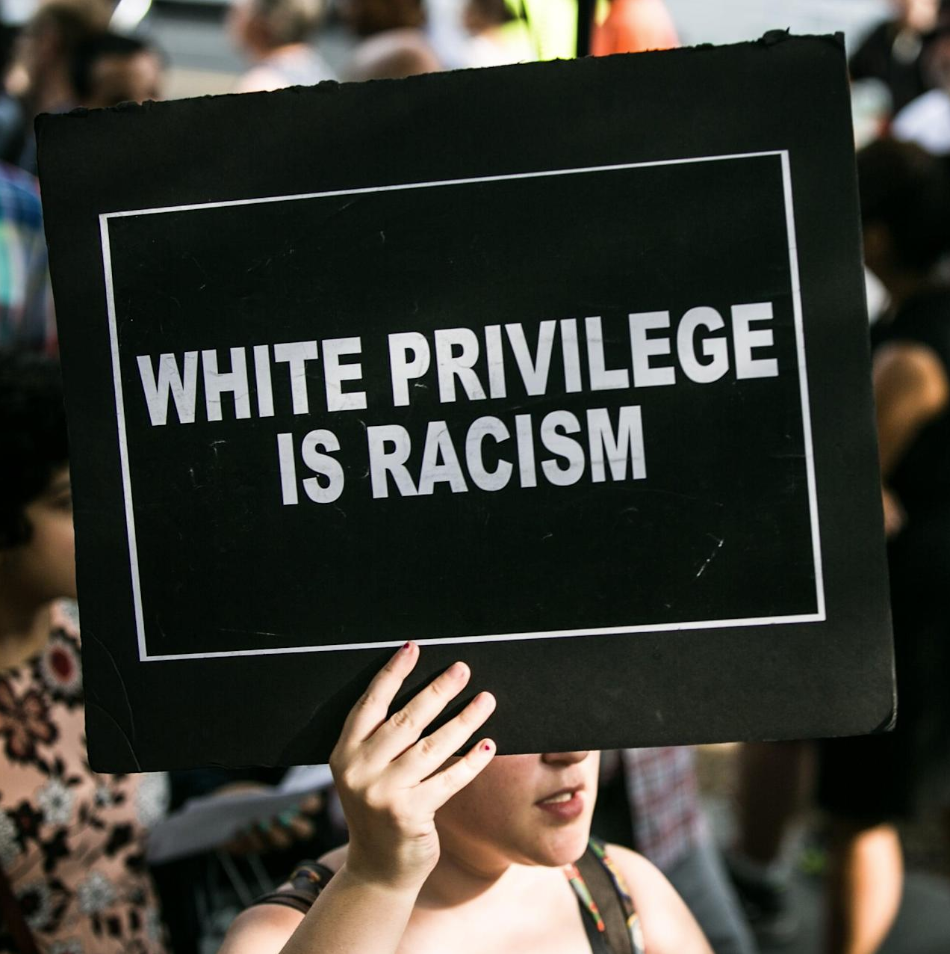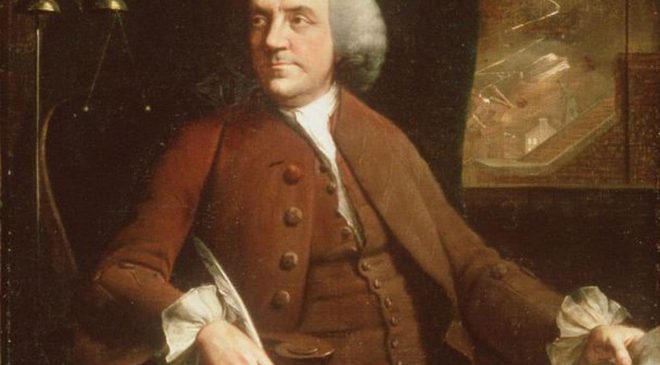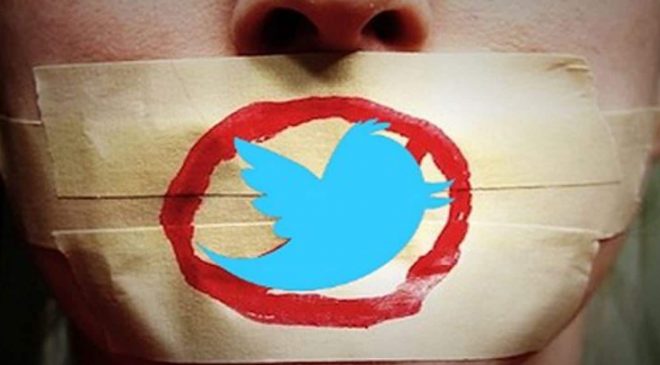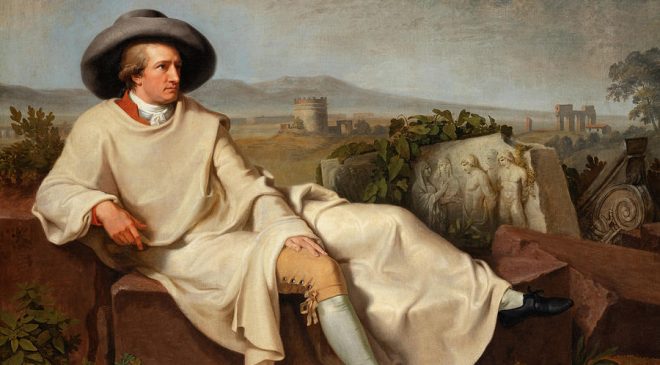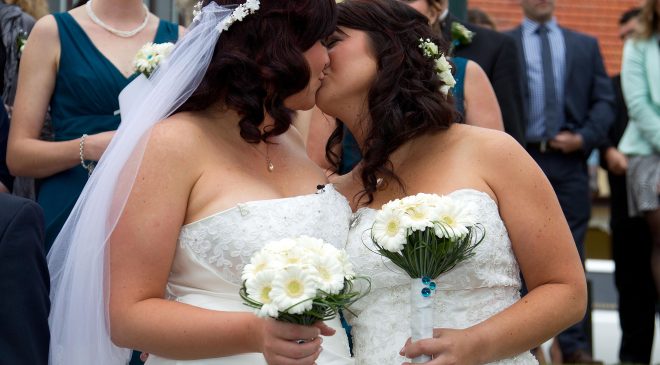“Check your privilege.” It was around 2015 that I started hearing this odd woke admonition. Roughly mid-explosion, according to Google Ngram.
In normal English, “privilege” requires “especially good treatment.” You can enjoy United Plus privileges, or the privileges of membership in a swim club. It’s also long been standard to describe young people from rich families as “privileged.” Privilege often has the connotations of “unearned good treatment,” but not always. The question, “How can I earn these privileges?” is perfectly good English.
What’s bizarre about the revisionist notion of “privilege” is that almost anything counts.
Lack of mistreatment counts as “privilege.” Things like receiving common courtesy from strangers, or not being brutalized by the police.
Lack of misfortune counts as “privilege.” Things like being able to walk, or having good health.
Stranger still, merely possessing desirable attributes counts as “privilege.” I’ve actually heard people talk about “height privilege,” “testosterone privilege,” and “pretty privilege.”
All definitions, needless to say, are conventional. When a political movement struggles to change a long-standing linguistic convention, though, you have to wonder why. After years of hearing people redefine “privilege,” I say the main motivation is quite clear.
Namely: The point of talking about “privilege” is to make innocent people feel guilty.
Suppose you’ve never been brutalized by the police. If you frame police brutality as “mistreatment,” you’re an innocent bystander. Bad cops are doing bad things, so blame them. In contrast, if you frame the lack of police brutality as “privilege,” you’re complicit. After all, bad cops are showing you special treatment. Which makes you part of a system of oppression.
Similarly, suppose you’re attractive. If you frame the plight of the less-attractive as “misfortune,” you’re an innocent bystander. You didn’t make them ugly, after all. In contrast, if you frame the positive attention you receive as “privilege,” you’re complicit. Pretty people like you get special treatment. Which makes you part of a system of oppression.
Though this is all insinuation, it’s vociferous insinuation. Normal language matches normal moral intuitions: If you keep your own hands clean, you’re a morally OK person. Not a hero, but immune to condemnation. Your failure to crusade against police brutality doesn’t make you guilty of police brutality. Your failure to fight lookism doesn’t make you guilty of tormenting the unattractive.
Woke revisionist language, on the other hand, doesn’t merely question normal moral intuitions. It acts as if these intuitions never existed. Unless you’re a full-time social justice activist, you share in the guilt of our wicked society.
Do woke activists really think they can guilt lots of normal people into joining their crusade? Probably not. They’re goal, rather, is to guilt lots of normal people into shutting up. If you get your potential critics to muse, “I’ve never been savagely beaten by the cops. Given this privilege, who am I to challenge Black Lives Matter?,” maybe they’ll let you get away with murder and arson. Better yet, the language of privilege lets you pretend like complex factual questions are long-resolved. If you get your potential critics to muse, “I’m male. Given this privilege, who am I to challenge gender quotas in STEM?,” they won’t just acquiesce to gender quotas. They’ll probably also forget that men are grossly overrepresented at the bottom of society as well as the top.
Yes, we can imagine a world where “privilege” is just a synonym for “lack of problems.” We can imagine a world where we say that everyone except the worst-off person in the world has “privilege.” In such a world, we could intelligibly discuss questions like, “Why is your lack of privilege my problem?,” and “Should people be proud of their privilege?” The reason activists are revising language, though, is to equivocate: To capitalize on the emotional connotation of the word “privilege” while expanding its denotation to mythic levels. Once again, then, the woke movement is right out of Orwell:
Don’t you see that the whole aim of Newspeak is to narrow the range of thought? In the end we shall make thoughtcrime literally impossible, because there will be no words in which to express it.
What is to be done? First and foremost, hold the line. Keep speaking normal English. Don’t be intimidated by words masquerading as arguments. And if you must speak about “privilege,” be clear that no one can legitimately win an argument by changing the way they use words.
